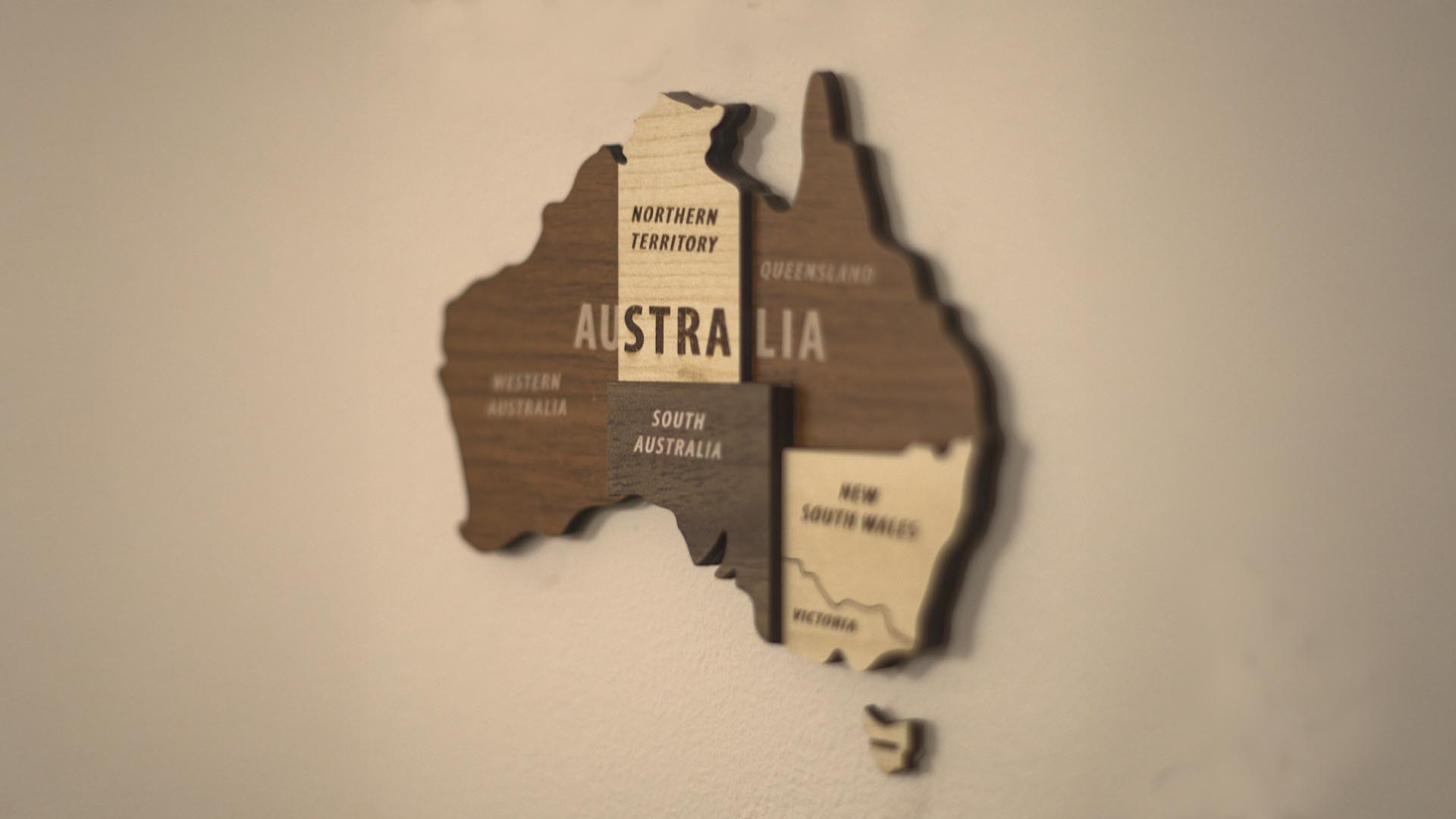National occupation licensing back on the table
Australia’s Productivity Commission is considering occupational licensing schemes that will improve the mobility of trades across the country, and is seeking feedback from the public.

The commission is also considering reforms around adopting international and overseas standards in regulatory frameworks and harmonising regulated standards across Australia.
In March 2024, the Productivity Commission was asked to model the economic effects of a set of 26 competition reforms that were developed through the Council on Federal Financial Relations. In November 2024, the Commonwealth and state and territory treasurers agreed to “refreshed National Competition Policy principles that will shape an ongoing 10-year reform program” and agreed upon a first tranche of reforms. The first of these on the list are occupational licensing and the adoption of international standards.
National licensing
As the Productivity Commission notes in its consultation paper, jurisdictions across Australia have different licensing frameworks for trades such as HVAC&R technicians, electricians, and plumbers. This reduces labour mobility and adds costs for businesses complying with different systems. Estimates indicate that occupational licensing reform could increase real GDP by $10.33 billion (0.4%).
The Productivity Commission has been asked to analyse an occupational licensing scheme for trades and other occupations that provides for labour mobility nationally, with impacts identified by occupation. As the scheme relates to high-risk occupations, the aim will be to address the need for high standards, while cutting red tape, delays and multiple fees for tradespeople.
The consultation is especially significant for the HVAC&R industry, where stakeholders such as AIRAH have long flagged a lack of harmonisation between the national ARCtick licensing scheme for refrigerants, and state and territory occupational licensing schemes.
International standards
The Productivity Commission is also seeking input on how international standards could be better adopted in Australia. It notes that where Australian standards differ from other countries, businesses face additional compliance costs as products designed for another country need to be modified (potentially produced on separate production lines) and retested for sale in Australia.
“Businesses may need to undertake duplicative conformity assessments and approval processes which can add to compliance costs and delay products entering the Australian market,” says the Productivity Commission.
“Bespoke Australian standards similarly impact Australian exporters seeking to enter overseas markets and create barriers to cross-border trade in services and investment by firms in global subsidiaries.”
Australian Productivity Commission
The Productivity Commission will look at adopting international and overseas standards in regulatory frameworks, and harmonising regulated standards across Australia, in priority sectors identified by governments.
Submissions close on June 6.
More information is available at the Productivity Commission website.
Stakeholders in the HVAC&R industry interested in contributing to AIRAH’s submission can contact [email protected].
PREV
NEXT
Comments
Advertisements
Recent news
- Additional keynote announced for HVAC26
- Dog days: how our best friends affect IAQ
- Cert II training and impact – have your say
Latest events
- Additional keynote announced for HVAC26
- PSO to host focus groups at AIRAH Hobart Industry Night
- Huge attendance for 2026 ASHRAE Winter Conference
 Mark Vender
Mark Vender

Leave a Reply